Entrepreneurship Report: Case Studies, Traits, and Business Management
VerifiedAdded on 2023/01/19
|9
|564
|65
Report
AI Summary
This report delves into the multifaceted world of entrepreneurship, providing a comprehensive analysis of key concepts and real-world applications. It begins by exploring situational factors that influence entrepreneurs, highlighting their impact on business operations and decision-making. The report then contrasts the traits and characteristics of successful entrepreneurs with those of business managers, emphasizing the importance of passion, risk-taking, and innovation. Through case studies of prominent entrepreneurs like James Dyson and Dave Robert, the report illustrates how these factors contribute to business success and growth. The conclusion summarizes the key findings and underscores the importance of self-motivation and team motivation in achieving entrepreneurial goals. References to academic sources are also provided for further research.
1 out of 9


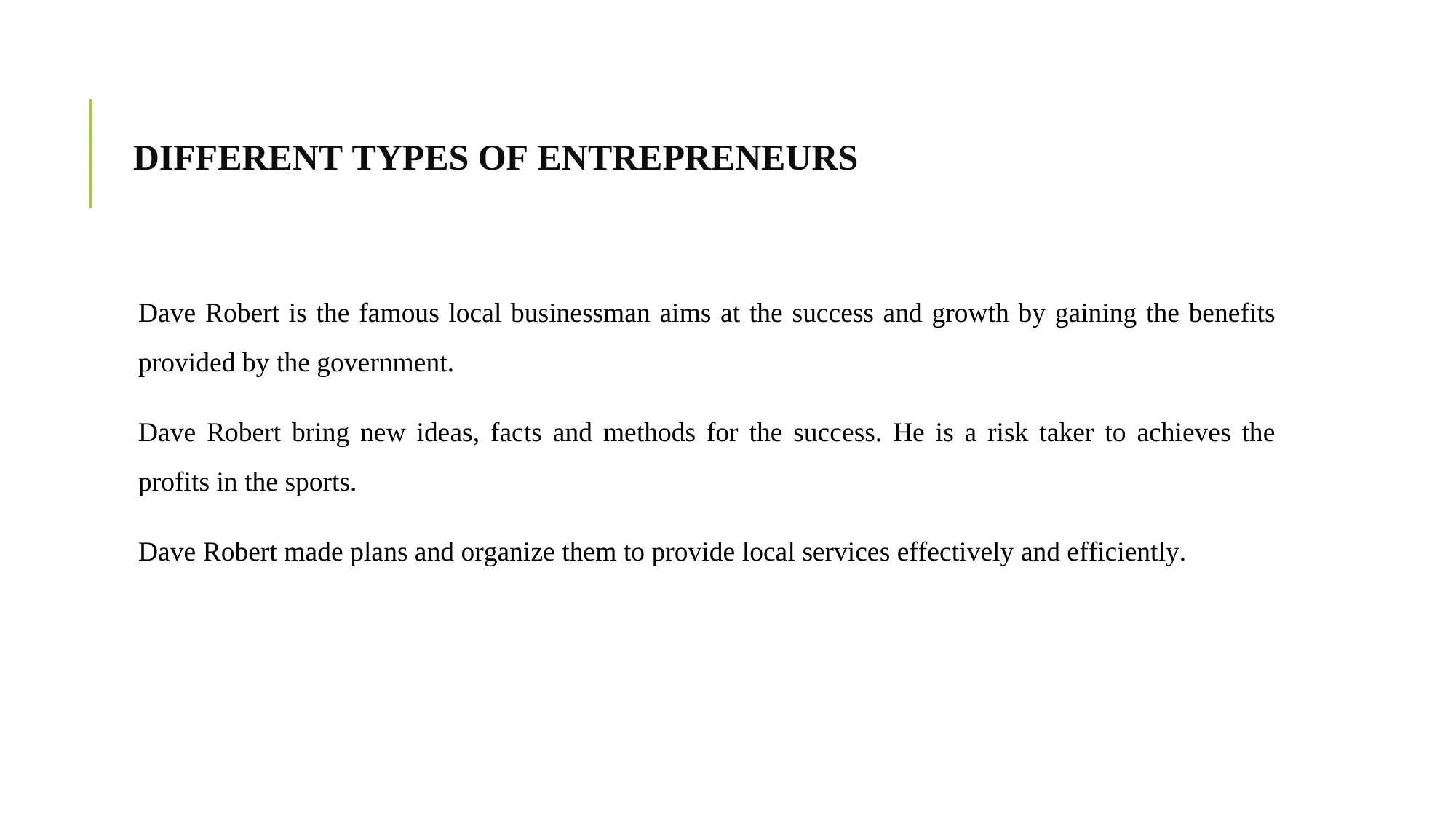

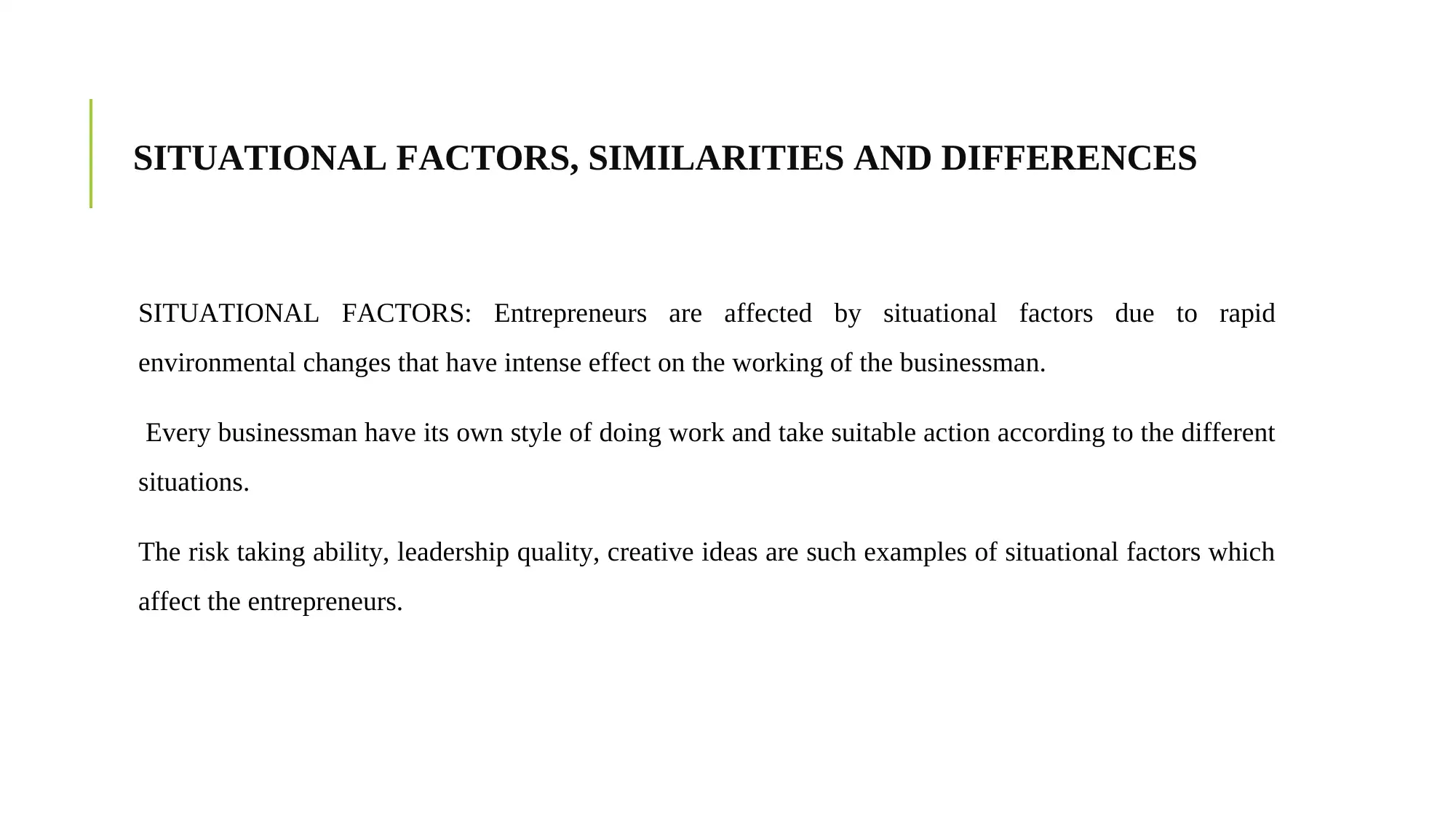
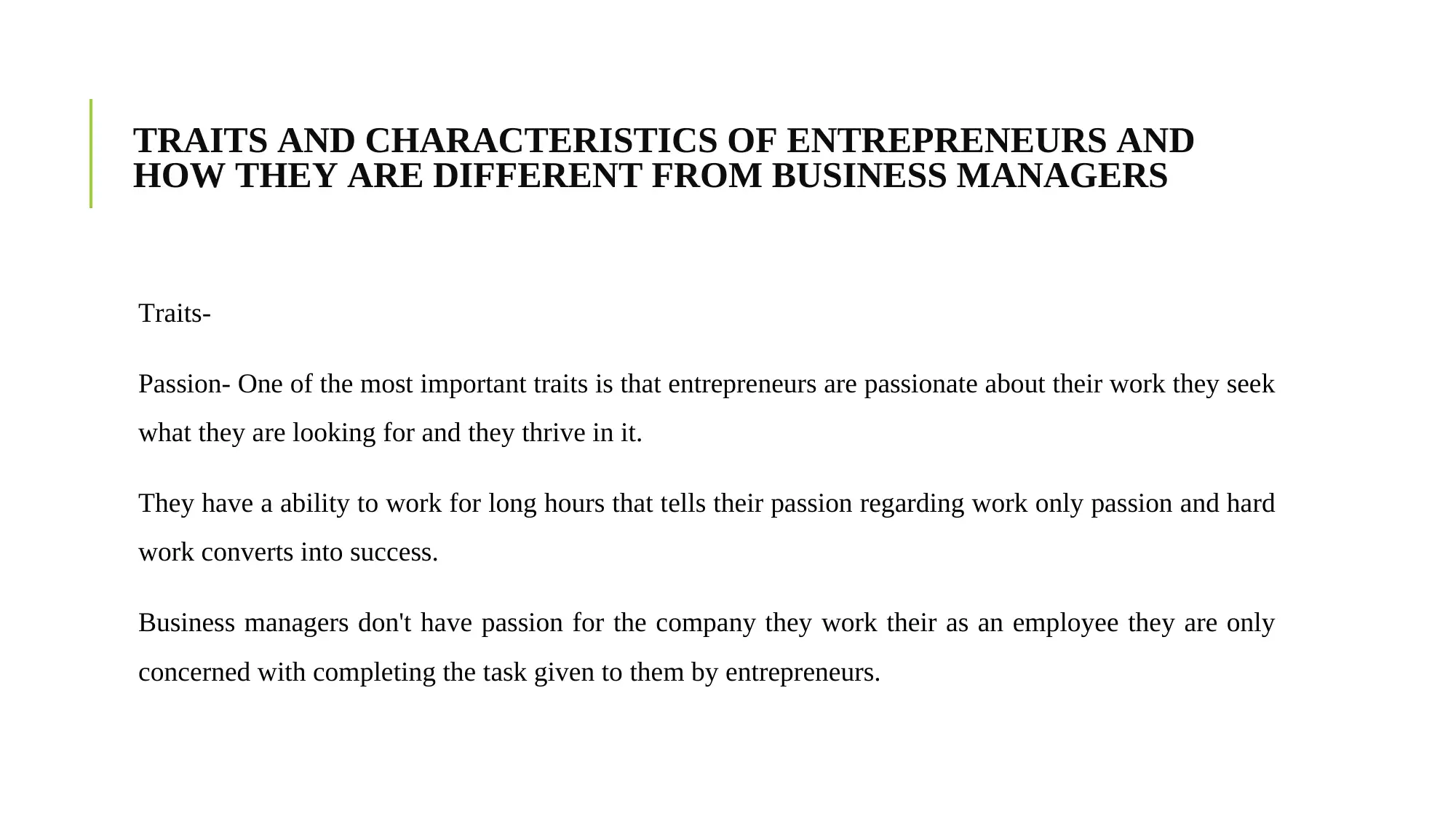
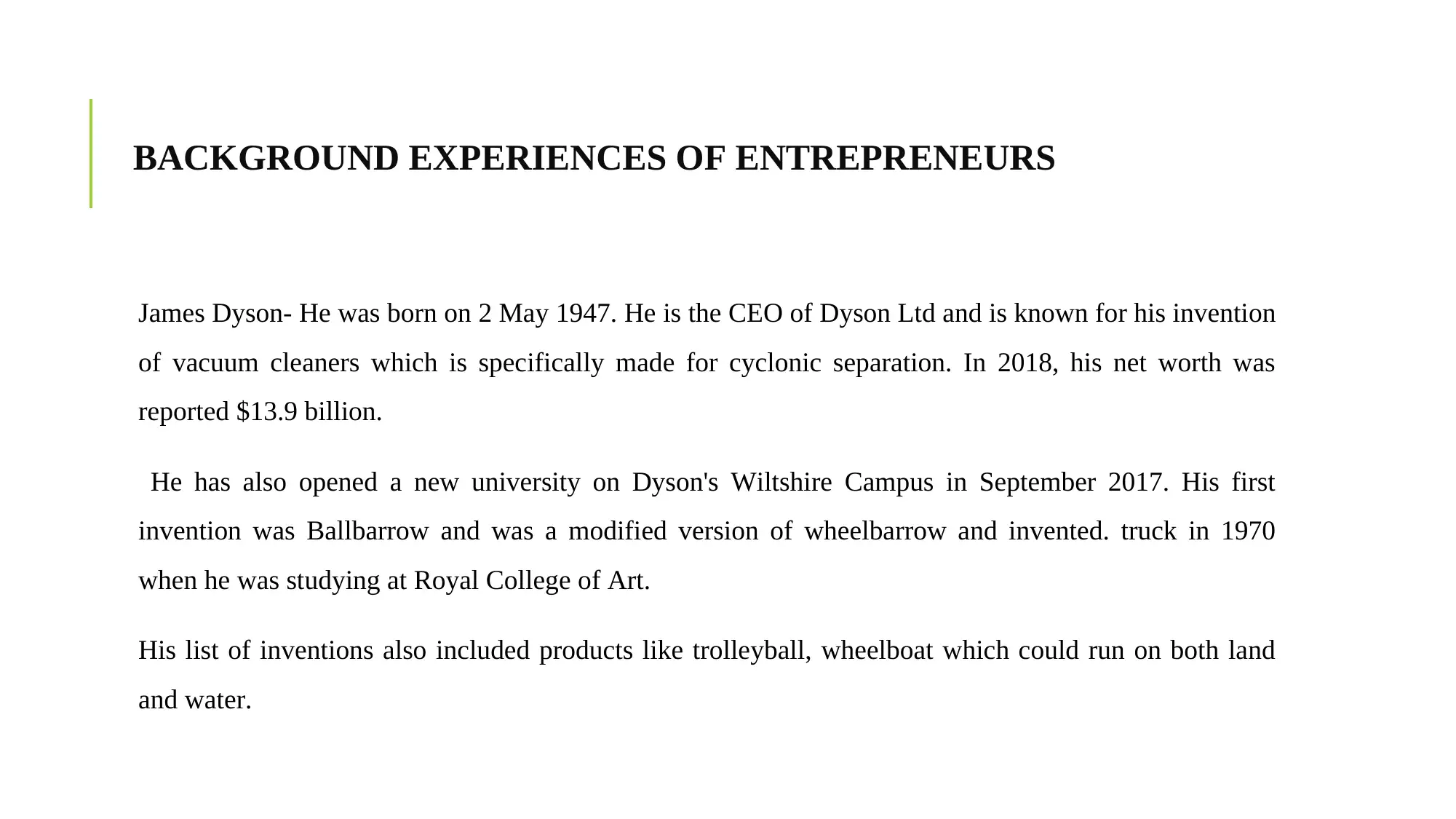
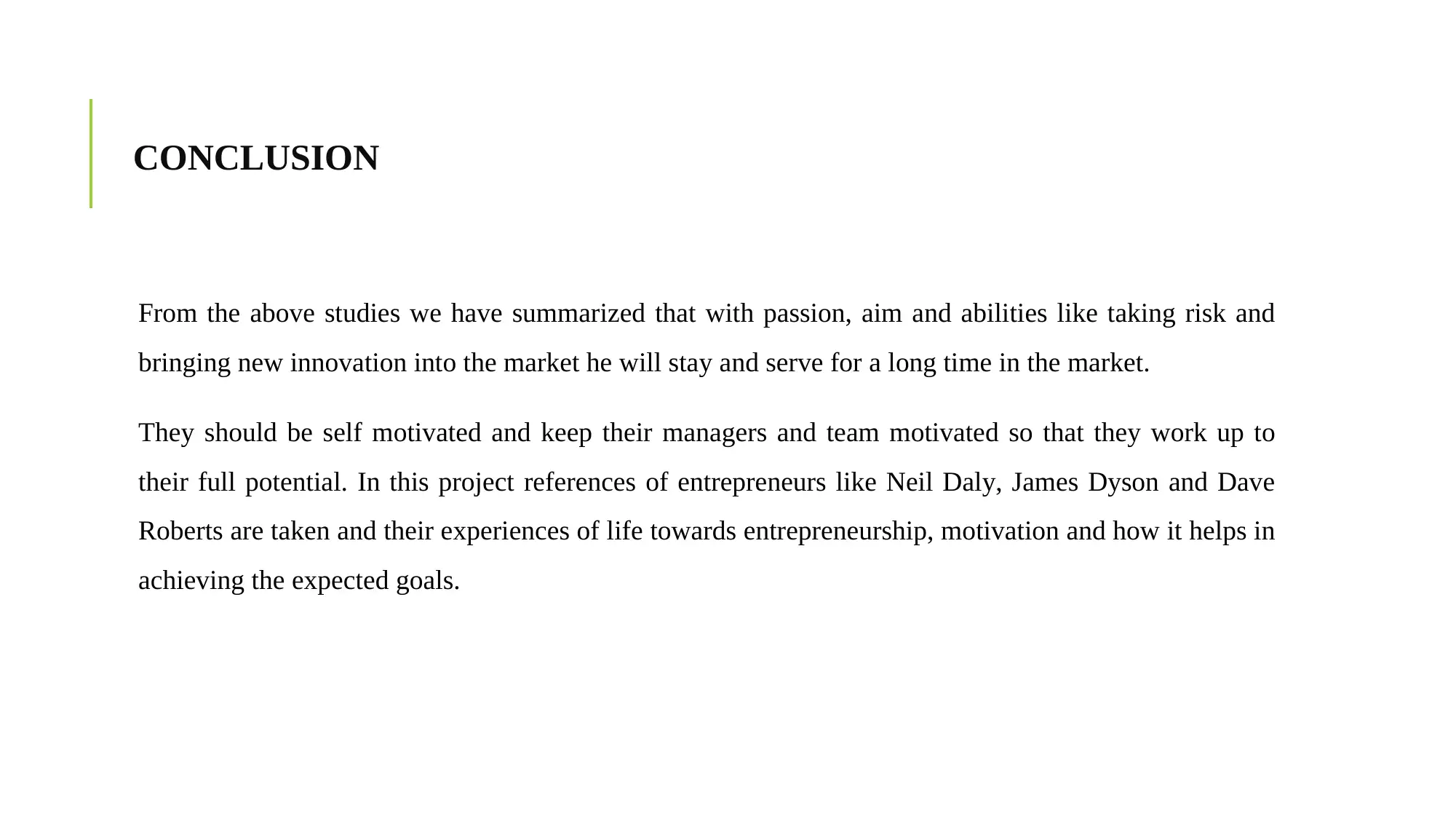
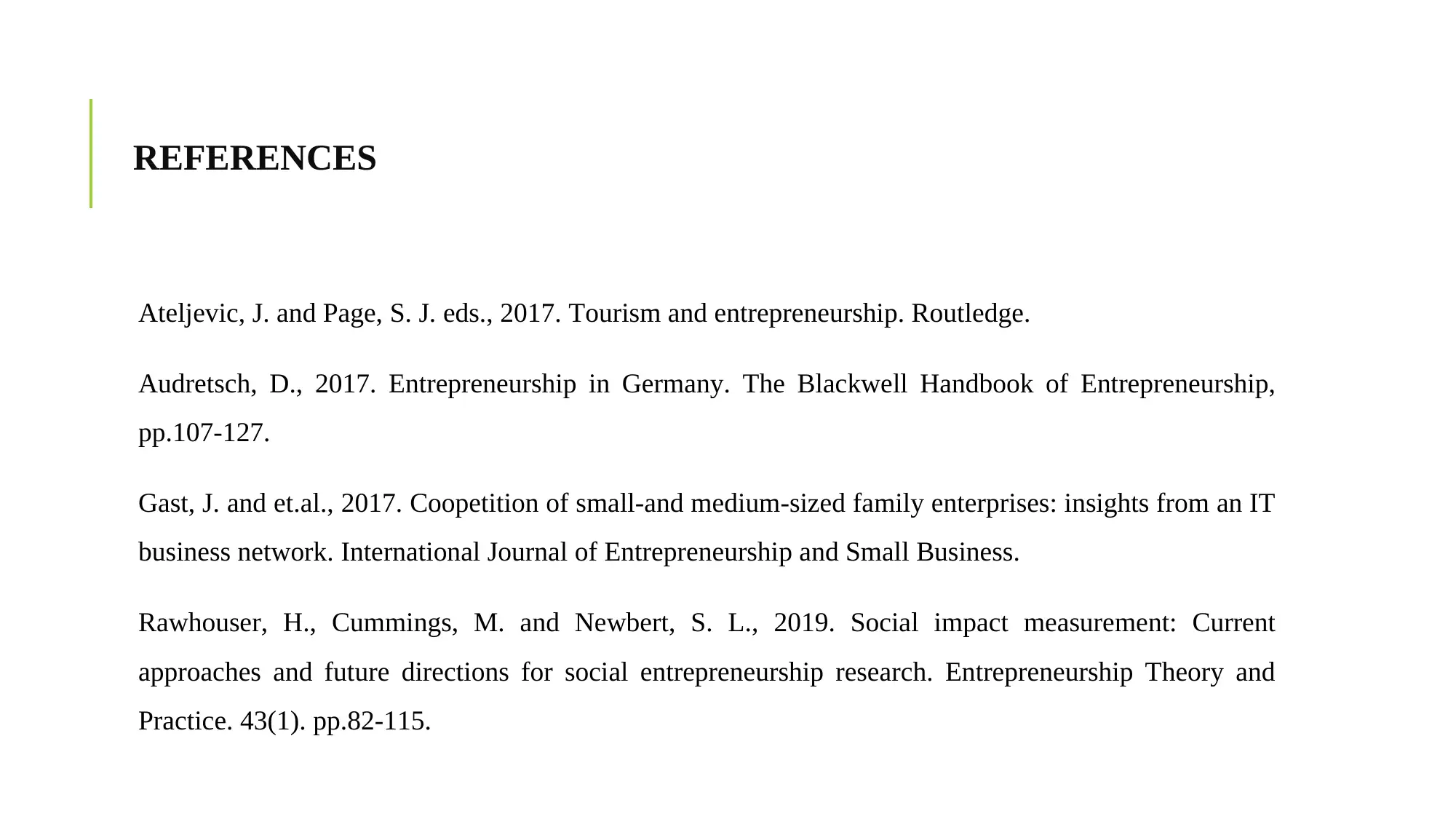






![[object Object]](/_next/static/media/star-bottom.7253800d.svg)